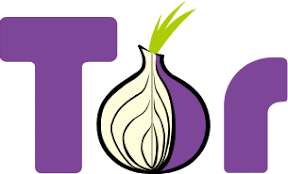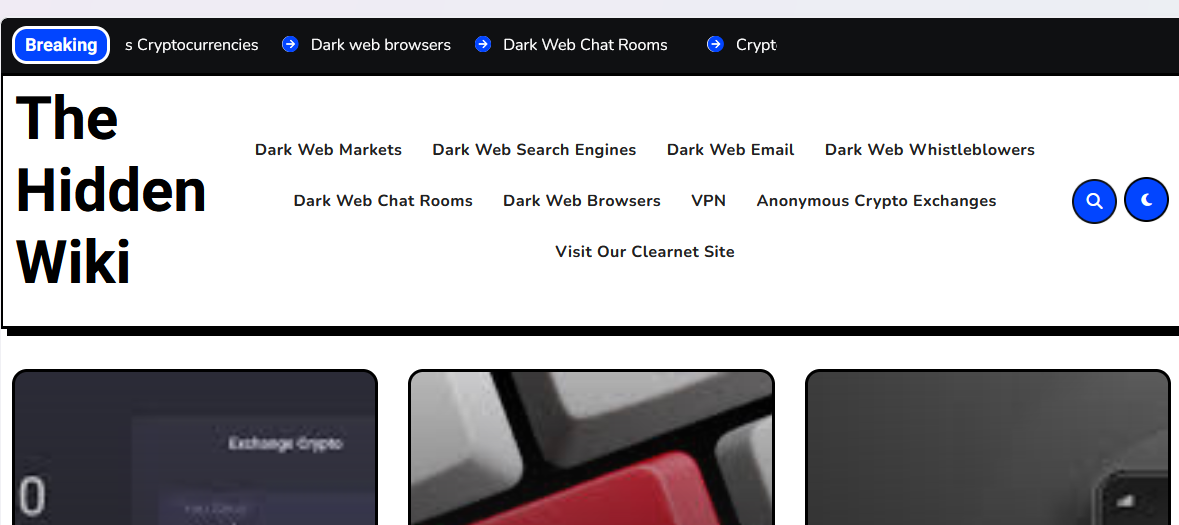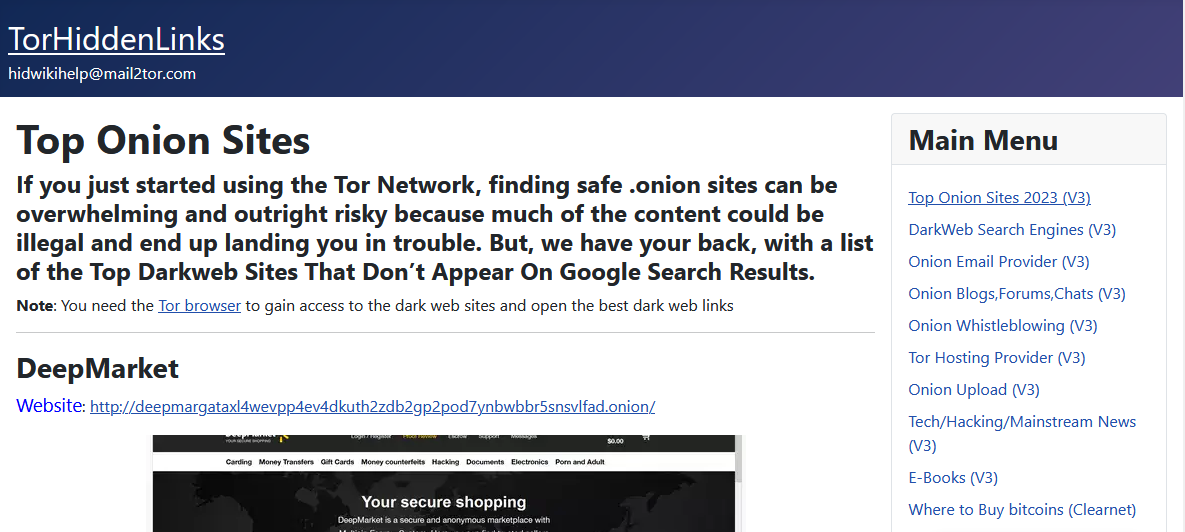What is Onionland?
Onionland darkweb search engine is a distinctive search engine designed specifically for the dark web, operating within the anonymity framework provided by the Tor network. Unlike conventional search engines that index the vast resources of the surface web, Onionland focuses on the hidden corners of the internet, which are only accessible via Tor. To understand its functionality, it is essential to recognize how it navigates the complexities of the dark web, prioritizing user privacy and security while accessing unindexed content.
The primary purpose of Onionland is to enable users to find and explore hidden websites that are not available on the standard internet. These websites often possess unique resources and information that can be significant for individuals seeking anonymous communication, privacy-focused applications, or even niche communities. The onion routing protocol that supports the Tor network facilitates the encryption and rerouting of internet traffic, ensuring users remain anonymous while utilizing services like Onionland.
Onionland functions as a search tool, allowing users to input queries and receive results from websites hosted on the .onion domain. These results are curated from a vast array of hidden services that traditional search engines cannot access. This distinctiveness makes Onionland an invaluable asset for researchers, activists, and users concerned about censorship or privacy. By linking users to concealed resources, Onionland bridges the gap between the commonly uncharted dark web and individuals looking for specialized content.
In essence, Onionland is not just a search engine; it is a gateway to a parallel universe of information and social interaction, one that remains obscured from the watchful eyes of surface-level surveillance. The search engine plays a pivotal role in navigating through the myriad of dark web resources, reinforcing the importance of anonymity in online activities.
The Functionality of Onionland
Onionland, as a premier dark web search engine, operates on principles distinctly different from conventional search engines like Google or Bing. At its core, Onionland employs specialized algorithms designed to index content that resides within the onion routing network, often not accessible by standard browsers. These algorithms focus on privacy, security, and the unique structure of the dark web, enabling users to retrieve relevant results from .onion domains, which signify hidden services.
A key feature of Onionland is its ability to index resources dynamically. This means that instead of periodically crawling websites for content updates—an approach typical of mainstream search engines—Onionland utilizes adaptive crawling techniques. This allows it to reflect the constantly changing landscape of the dark web, accommodating newly created sites and content that may vanish without notice. Additionally, the search engine prioritizes the importance and relevance of listed websites to ensure users receive high-quality results based on their search queries.
Another distinctive functionality of Onionland is its commitment to user anonymity. Unlike standard search engines that track user behavior and preferences, Onionland does not store search history or personal data. This is imperative for users who navigate the dark web, serving to protect their privacy in a realm where surveillance could be a significant concern. Furthermore, Onionland incorporates advanced filtering tools that allow users to refine their searches based on various parameters, such as topic categories, date of creation, and site popularity, ensuring a more tailored browsing experience.
In conclusion, Onionland stands out as a fundamental tool for individuals aiming to explore the dark web efficiently. By leveraging its unique search algorithms and dedication to user privacy, it provides an innovative approach to navigating the intricate web of .onion sites while differentiating itself markedly from standard search engines.
Security Considerations on Onionland darkweb search engine
Navigating the dark web can be fraught with risks, making it essential for users of the Onionland darkweb search engine to be aware of safety and security concerns. One of the most significant risks is the potential exposure of personal information. Unlike the surface web, where security measures are relatively established, the dark web lacks oversight, making it an attractive target for cybercriminals. To mitigate these risks, users should always utilize strong, unique passwords and consider enabling two-factor authentication whenever possible.
Moreover, it is crucial to conduct browsing anonymously. Users can achieve this by utilizing the Tor network, which Onionland operates on. The Tor protocol helps mask users’ IP addresses, thus enhancing their anonymity while accessing content on the dark web. However, relying solely on Tor is insufficient; employing a reliable Virtual Private Network (VPN) can provide an additional layer of security. This way, sensitive data transmitted during onion browsing remains encrypted, reducing the risks of interception by malicious entities.
Another important aspect of safety involves being cautious with personal information. Users should refrain from sharing identifiable details on any website accessed through the Onionland darkweb search engine. This precaution is crucial, as sharing even minimal data can lead to potential identity theft or harassment. Besides, downloading files from unknown or untrustworthy sources can introduce malware to users’ devices, compromising personal security. Therefore, employing reputable antivirus software and keeping it updated is advisable.
In conclusion, using the Onionland darkweb search engine necessitates a heightened awareness of safety and security practices. Following best practices for anonymity, employing strong security measures, and being vigilant about personal information can significantly reduce risks while exploring the dark web.

The Future of Onionland and DarkWeb Search Engines
The future of Onionland and similar dark web search engines is poised for significant evolution, driven by emerging technologies and the growing demand for digital privacy. As users increasingly seek anonymity and security in their online interactions, platforms like Onionland will likely adapt to meet these needs through innovative features and enhanced functionalities. The proliferation of privacy-focused technologies, such as advanced encryption methods and decentralized architectures, may redefine how these dark web search engines operate and interact with users.
However, Onionland and dark web search engines will also face considerable challenges. As governments and regulatory bodies intensify scrutiny of underground networks, there is an ongoing debate about the legality and ethical implications of operating such platforms. With increasing pressure to combat illegal activities and cybercrimes taking place on the dark web, future developments might include stricter compliance measures that could limit the operation of search engines like Onionland. This tension between privacy rights and legal accountability will be a critical factor shaping the future landscape of dark web search engines.
In conclusion, the future of Onionland and dark web search engines is rife with potential yet fraught with obstacles. Balancing user privacy and legal scrutiny will be a defining challenge. As digital environments reflect broader societal changes concerning privacy, Onionland will need to adapt to remain a relevant player in the evolving dark web landscape.










